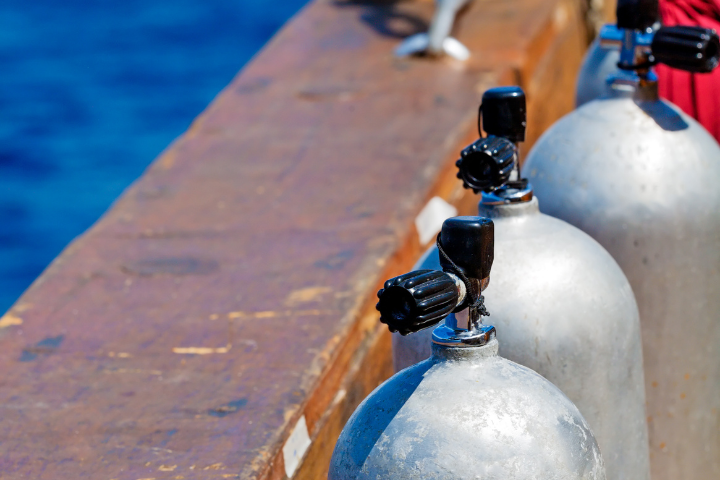Requalification Training

1 day
£180.00 excl. VAT

1 day
£295.00 excl. VAT

1.5 days
£400.00 excl. VAT

1.5 days
£400.00 excl. VAT

0.5 Day
£205.00 excl. VAT

0.5 Day Webinar
£205.00 excl. VAT

1 Day
£195.00 excl. VAT

0.5 Day
£175.00 excl. VAT

1 Day
£225.00 excl. VAT











